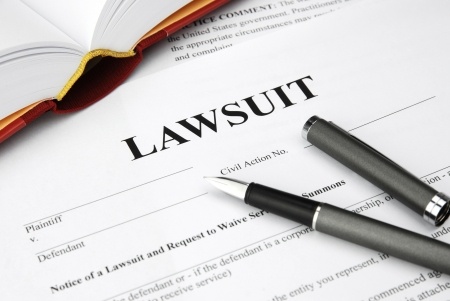Workers’ Compensation Liens in Third-Party Lawsuits

Workers’ compensation liens are linked to money owed for personal injury lawsuits and remain in place until the money is paid to the injured party.

Table of Contents
What Is a Workers’ Compensation Lien?
When a person owes money to another party, that party has a legal right to place a lien to recover money owed. Typically, most liens are placed against a debtor’s personal property, like a house, a vehicle, or a boat, which prevents the debtor from selling the property until the lien is repaid. However, a lien can also be attached to money that is owed to an individual through a personal injury lawsuit.
If a worker files a personal injury lawsuit with a workplace injury lawyer, a workers’ compensation lien can be placed against the money he/she is awarded in the lawsuit. The lien attaches to the money owed to the injured worker and remains in place until the worker receives the funds. These types of liens typically apply to work-related injuries by a third-party. Workers’ compensation liens are only attached to two-thirds of money owed because laws make workers’ compensation share in the cost of a worker’s recovery.
In Illinois, workers who suffer work-related injuries during the course of normal employment duties are entitled to workers’ compensation benefits. These benefits cover the worker’s medical costs, rehabilitation costs, and lost income while away from work. Employers must carry workers’ compensation insurance to cover the costs associated with work-related injuries. If a third-party is to blame for accidents and injuries, a worker is entitled to file a third-party lawsuit with a workplace injury lawyer.
Third-party lawsuits for personal injuries are handled in civil court. While Illinois workers’ compensation claims are resolved through an employer, personal injury lawsuits are resolved through civil court with a Chicago workplace injury lawyer. Once approved, workers’ compensation benefits are paid through weekly or bi-weekly payments, but personal injury lawsuits may take weeks, months, even years to resolve through civil court. Although personal injury lawsuits often take longer to resolve, payouts include medical expenses, future medical expenses, existing and future lost wages and earnings, pain and suffering, and loss of enjoyment of life.
Third-party lawsuits may have a bigger payout than workers’ compensation, but a third-party lawsuit requires proof of fault for work-related accidents and injuries. In complex cases, establishing proof of fault may extend the timeline for final settlements and payouts.



